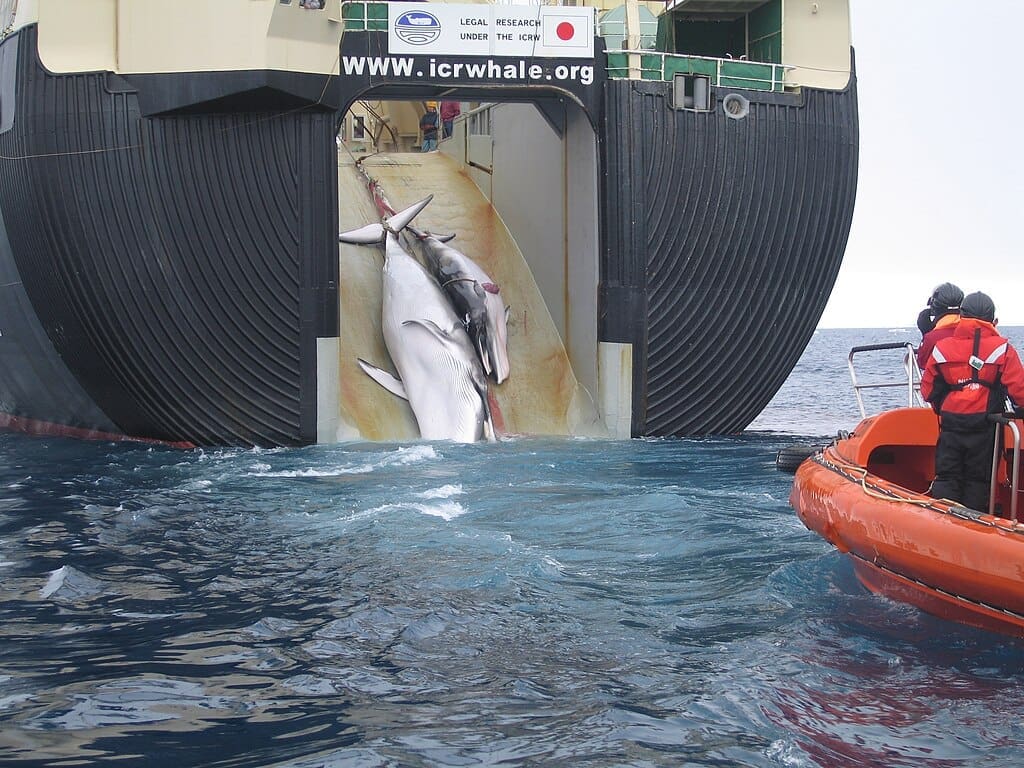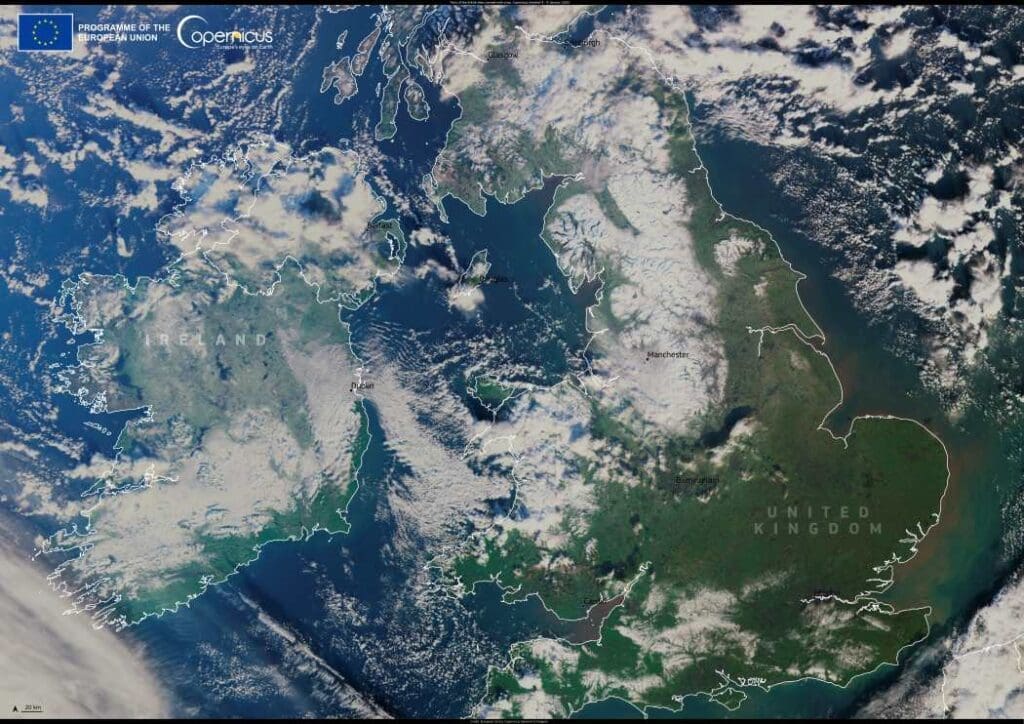By Camille BAS-WOHLERT | AFP
Nuuk, Denmark – Anti-whaling activist Paul Watson’s detention in a Greenland prison pending his possible extradition to Japan has not prevented him from continuing his fight to save the animals, he told AFP in an interview.
“If they think it prevents our opposition, I’ve just changed ship. My ship right now is Prison Nuuk,” the 73-year-old US-Canadian campaigner said, a mischievous smile crossing his face as he met with AFP in the visitors’ room of Greenland’s Nuuk Prison.
Watson, who featured in the reality TV series “Whale Wars” and founded Sea Shepherd as well as the Captain Paul Watson Foundation (CPWF), is known for radical tactics including confrontations with whaling ships at sea.
He was arrested in July in Nuuk, the capital of the autonomous Danish territory of Greenland, on the basis of a 2012 arrest warrant issued by Japan, which accuses him of causing damage to one of its whaling ships in 2010 in the Antarctic.
It says he also injured a Japanese crew member with a stink bomb intended to disrupt the whalers’ activities, and has asked Denmark to extradite him to face trial.
Watson is being held behind bars pending the government’s decision, to make sure he does not flee.
In 2012, he was arrested in Germany at the request of Costa Rica over another incident. He was released on bail and required to report to police daily, but he left the country to avoid extradition.
This time, Watson and his legal team insist Tokyo has a vendetta against him.
“They want to set an example that you don’t mess around with their whaling,” said Watson, clad in a thick grey sweater.
The Nuuk court is to decide on September 4 whether to prolong his custody.
“The lawyers tell me they’re going to extend my detention.”
– ‘Almost like on deck’ –
From his cell in the modern grey prison building overlooking the sea, Watson can watch as whales and icebergs pass by his window.
“It’s almost like I’m on the deck of my ship,” he said, calling it “the best prison I’ve ever been in”.
He said he does not mind his detention so much, except that he misses his children, aged three and seven.
He spends his time watching detective shows and reading a lot — he has just devoured an anthology on popes — but mostly he has been writing, he said.
He gives his texts to Lamya Essemlali, the head of Sea Shepherd France, who has visited him almost daily since his arrest.
More than 100,000 people across the world have signed a petition calling for his release.
His co-detainees in the prison “are all big fans”, he said, despite his opposition to Greenland’s traditional seal hunt.
“I signed autographs when I arrived.”
He also receives a lot of letters of support, “many of them from children, because they are extremely passionate about the world”.
“If we manage to reach children I think things can change.”
French President Emmanuel Macron’s office has asked Denmark not to extradite the activist, as has Brigitte Bardot, the French screen legend turned animal rights activist.
Watson has lived in France for almost two years.
“Denmark is in a very difficult place,” he said.
“They can’t extradite me because first they are vocal proponents of human rights,” he added, qualifying the Japanese judicial system as “medieval”.
“I didn’t do anything, and even if I did the sentence would be (a fine of) 1,500 kroner ($223) in Denmark — not even a prison sentence — while Japan wants to sentence me to 15 years.”
– Ships at the ready –
Watson has one ship stationed in each hemisphere, ready to jump into action if one of the countries that still allows whaling — Iceland, Japan and Norway — were to resume the hunt.
“In 1974, my objective was to eradicate whaling, and I hope to do that before I die.”
He insists that he and his co-activists are “not a protest organisation”.
“We’re an enforcement organisation” ensuring that the seas are protected, he said, rejecting the label of ecoterrorist sometimes used against him.
“I do aggressive non-violence interference.”
“There is no contradiction between aggressive and non-violence — it means that I will try and get the knife from the person trying to kill a whale, but I won’t hurt them.”
“I don’t cross the line, I’ve never hurt anyone,” he said.
cbw/po/ju/gv/lb
© Agence France-Presse
Featured image credit: Australian Customs and Border Protection Service, CC BY-SA 3.0 AU via Wikimedia Commons




